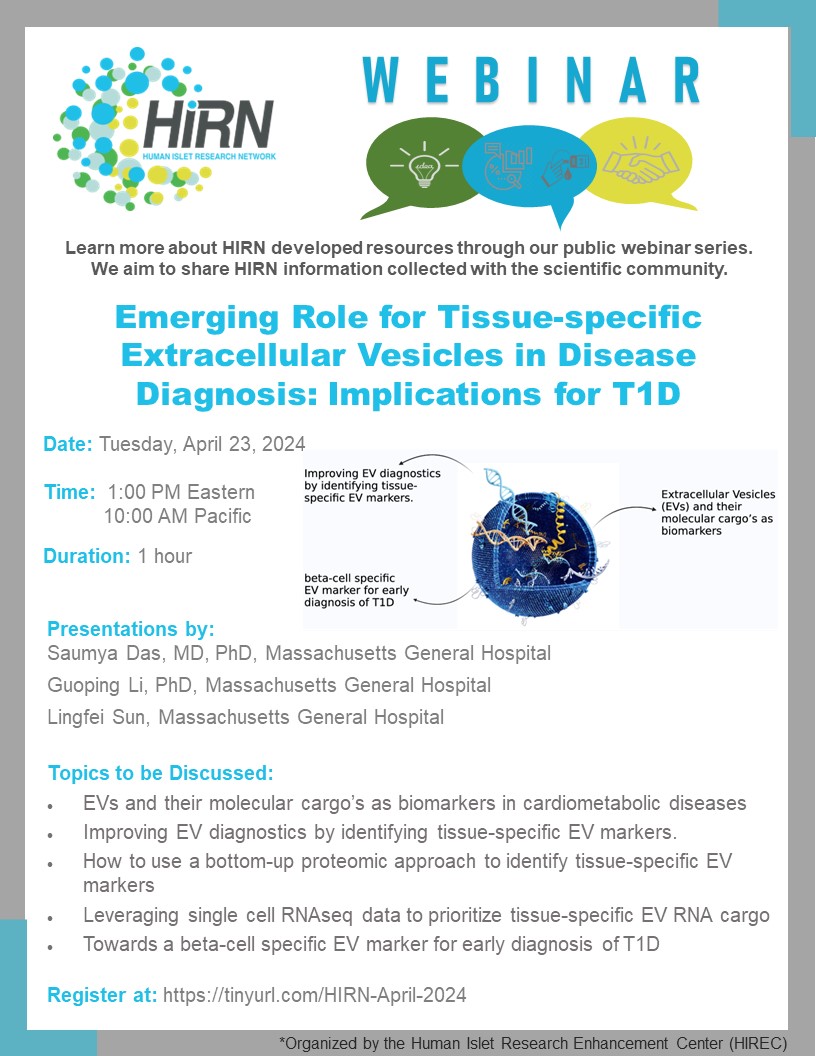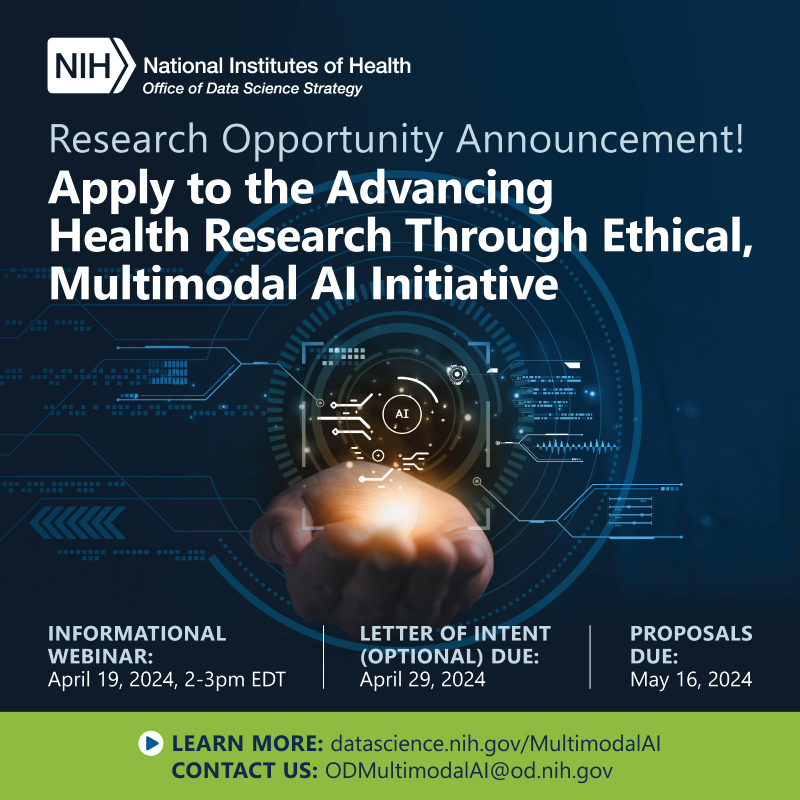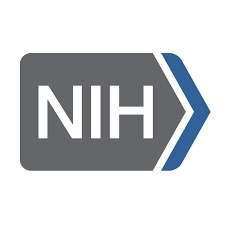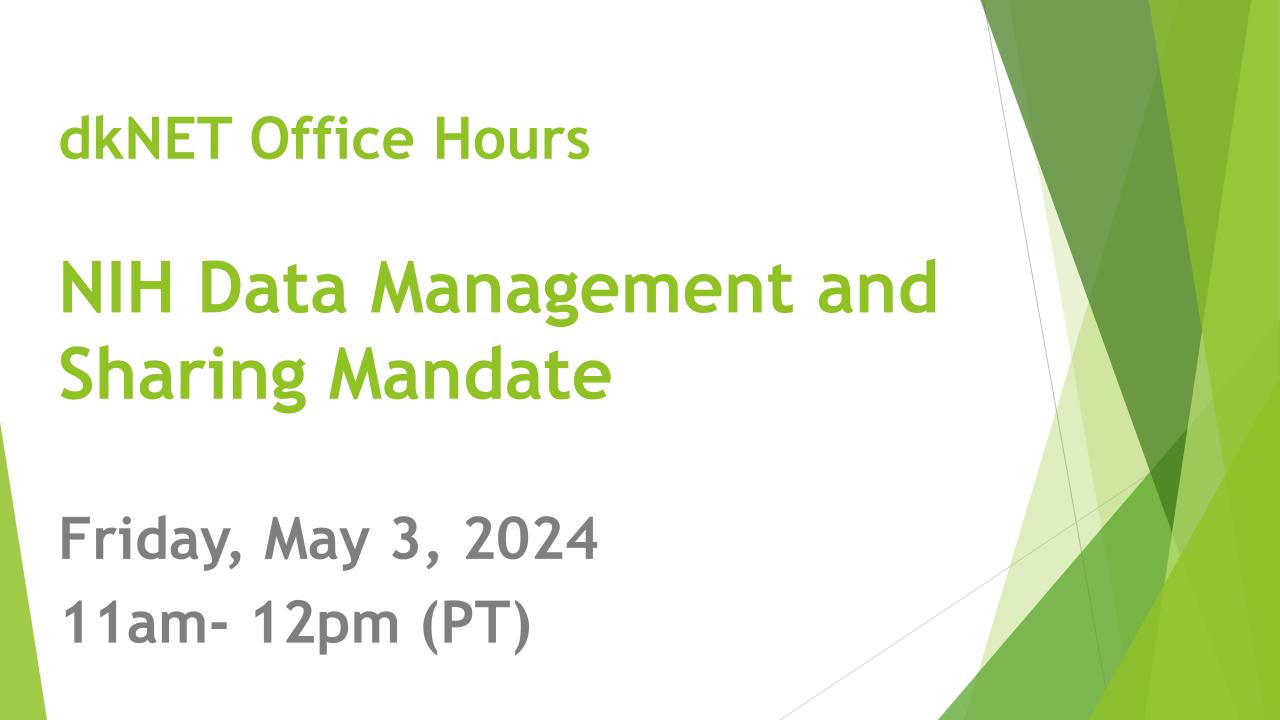Leaving Community
Are you sure you want to leave this community? Leaving the community will revoke any permissions you have been granted in this community.
NIF webinar on December 8, 2017: Hypothes.is: Creating A Light-Weight, Open, Portable Knowledge Layer Over Biomedicine
Here is the information from NIF (neuinfo.org):
"Hypothes.is: Creating A Light-Weight, Open, Portable Knowledge Layer Over Biomedicine, Dr. Maryann Martone
Biography: Maryann Martone received her BA from Wellesley College in Biological Psychology and Ancient Greek and her Ph. D. in Neuroscience from the University of California, San Diego. She is a professor Emerita at UCSD, but still maintains an active laboratory She started her career as a neuroanatomist, specializing in light and electron microscopy, but her main research for the past 15 years focused on informatics for neuroscience, i.e., neuroinformatics. She led the Neuroscience Information Framework (NIF), a national project to establish a uniform resource description framework for neuroscience, and the NIDDK Information Network (dknet), a portal for connecting researchers in digestive, kidney and metabolic disease to data, tools, and materials. She is Editor-in-Chief of Brain and Behavior, an open access journal, and on the editorial board of Nature Scientific Data, Frontiers in Neuroinformatics and Journal of Neuroinformatics. Dr. Martone is past President of FORCE11, an organization dedicated to advancing scholarly communication and e-scholarship and currently serves as the chair of the Council on Training, Science and Infrastructure for the International Neuroinformatics Coordinating Facility. Since retiring, she has served as the Director of Biological Sciences for Hypothesis, a technology non-profit developing an open annotation layer for the web and founded SciCrunch, a technology start up based on technologies developed by NIF and dkNET.
Synopsis: Annotation -- from personal note-taking to structured knowledge creation -- is fundamental to biomedicine. Hypothes.is(https://web.hypothes.is/) has developed the capability to add interactive and machine-searchable annotations to any web resource. Annotation, particularly scholarly annotation, is distinct from current commenting systems in that it is anchored to a specific portion of a research object, i.e., a statement, an object in an image, a gene sequence and located according to the physical particulars of the target, i.e., the margin, image coordinates.
Web annotation provides a powerful new capability to biomedicine. With Hypothes.is, any content on the web can be turned into an interactive forum for on-line discussions or annotated with additional information. Because Hypothes.is is engineered for the web, annotations can be replied to, shared and searched across contexts. Hypothesis supports public, private and group annotation.
The implications of this technology are profound for collaborative creation of knowledge across many domains, including journalism, government, education and research. In biomedicine, Hypothes.is provides an independent communication channel on top of the scientific literature where additional information can be added to otherwise static artifacts. It provides a lightweight interactive tool for peer review, education and biocuration. Annotations are tied to article DOI’s, so that annotations will sync across the same article in different locations, e.g., the publisher’s web site, a pdf and Pub Med Central. Through direct linking, annotations can be shared, and the recipient will be taken directly to the annotation in context. Through these capabilities, Hypothesis is laying the foundation for next generation referencing systems.
In this presentation, I provide an overview of the technology and show how Hypothesis is being used within biomedicine.
To Join: At the time of the conference click this link https://ucsd.zoom.us/j/507568759
Note: for other options on joining , click on the title above to go to the google calendar.
Start Time: 11AM PST / 2 PM EST"
For more information about NIF webinar series, please go to: https://neuinfo.org/about/UpcomingWebinars






